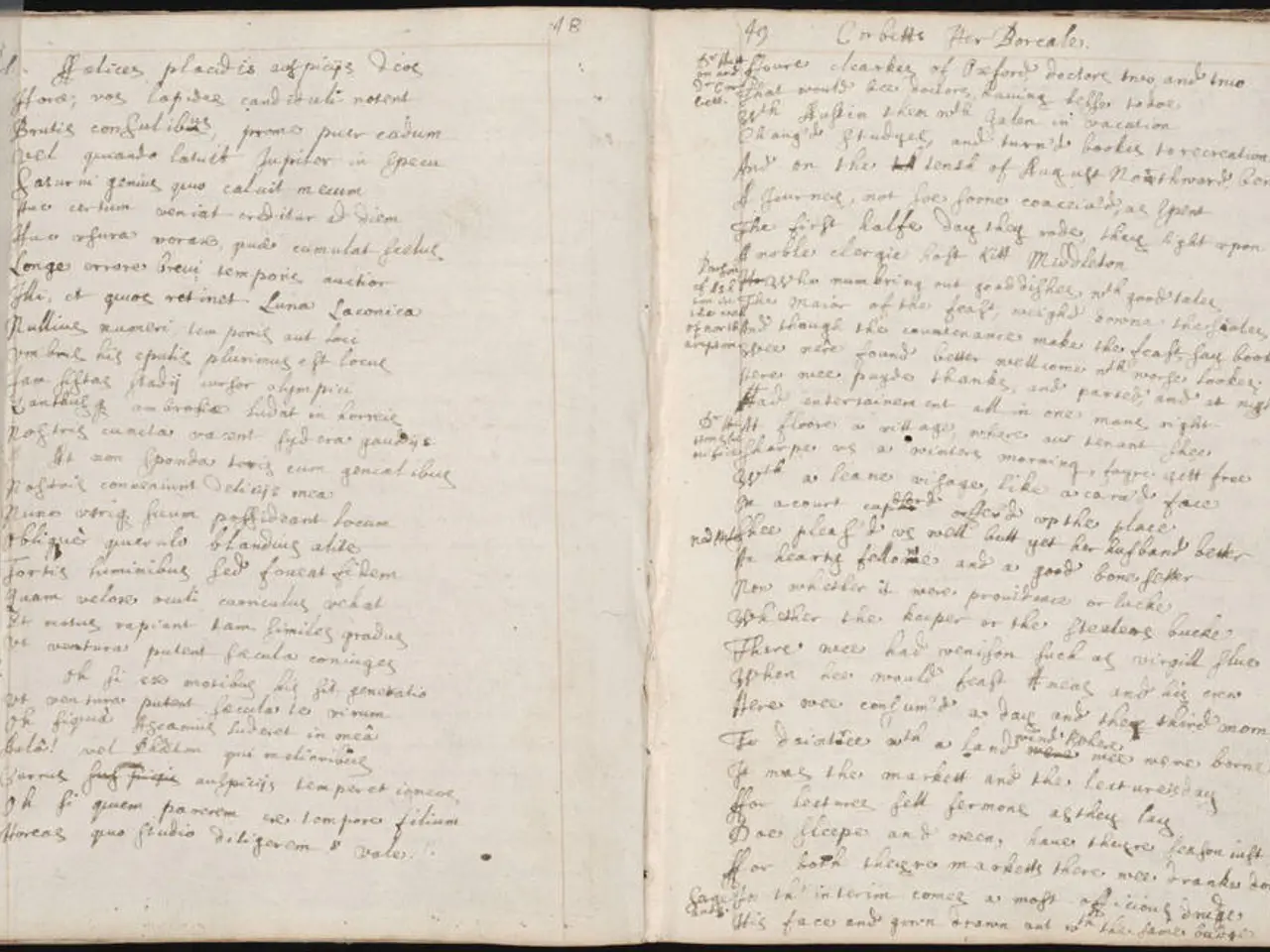Overcoming Prejudice from the Source: Within Our Inner selves
Article: Baha'i Teachings on Overcoming Prejudice and Promoting Peace
A recent study conducted at Princeton University has identified hatred as a highly persistent and passionate aversion, associated with the belief that the hated object is evil. This research underscores the importance of understanding and overcoming prejudices, a theme central to the Baha'i teachings.
The Baha'i Faith, founded by Baha'u'llah, emphasizes the Oneness of Humanity. According to this principle, all humans are created equal and part of one family, transcending narrow judgments based on ethnicity, religion, or other differences. This foundation calls for recognizing the inherent worth and dignity of every individual.
The Baha'i teachings also strongly advocate for justice as the "firm foundation" of human society. This includes being fair and equitable in assessing others' actions, avoiding bias and double standards. The Faith encourages empathy and putting oneself in another’s place, helping people avoid unfairly attributing negative intent.
Prejudice, whether religious, racial, political, or cultural, is considered destructive by the Baha'i teachings. These prejudices aim to uproot human life and generate bloodshed and the ruin of the world. Abdu'l-Baha, the son of Baha'u'llah, stated that all wars and bloodshed throughout history were caused by partisanship, and universal peace will not be a reality in the world as long as prejudice continues to exist among men.
The Baha'i administrative system promotes consultation with an atmosphere of mutual respect, openness, and freedom from preconceptions, helping participants consider each other’s viewpoints without prejudice. This fosters environments where conflicts, often rooted in biased mindsets like "motive asymmetry attribution," can be addressed and resolved.
Individuals are encouraged to examine their own biases and motives, cultivating virtues like patience, kindness, and humility, which counteract the instinct to judge others harshly while excusing oneself. The attributes of the people of faith, according to Abdu'l-Baha, include justice, equity, patience, compassion, generosity, candor, honesty, loyalty, love, kindness, devotion, perseverance, and humanity.
In summary, the Baha'i teachings provide a spiritual and ethical framework to reduce prejudice and promote justice and peace. Overcoming prejudice requires conscious effort to practice justice, empathy, and the elimination of prejudice by recognizing the unity of humanity and engaging in humble self-examination and consultative communication. This leads to harmonious and peaceful relationships grounded in fairness and mutual respect.
As Abdu'l-Baha described, the future members of a global governance system will be free from prejudice, worldly temptations, and devoted to the well-being of all humanity. It is through the collective effort of individuals and societies to embrace these teachings that the world can find rest from the destructive effects of prejudice and move towards a more just and peaceful future.
- Embracing the Baha'i teachings, one can strive for personal growth and education, nurturing virtues such as justice, empathy, and humility, which help in overcoming prejudices and fostering family-dynamics built on mutual respect and equality.
- In the context of the Baha'i Faith, education and self-development play a crucial role in promoting harmonious lifestyle choices and relationships that acknowledge and respect the diversity inherent in the complex dynamics of a global family.
- By cultivating the universal values of love, kindness, and patience as advocated by the Baha'i teachings, individuals can engender personal growth and nurture a peaceful and harmonious society, overcoming prejudices and conflicts within their family-dynamics and relationships.




